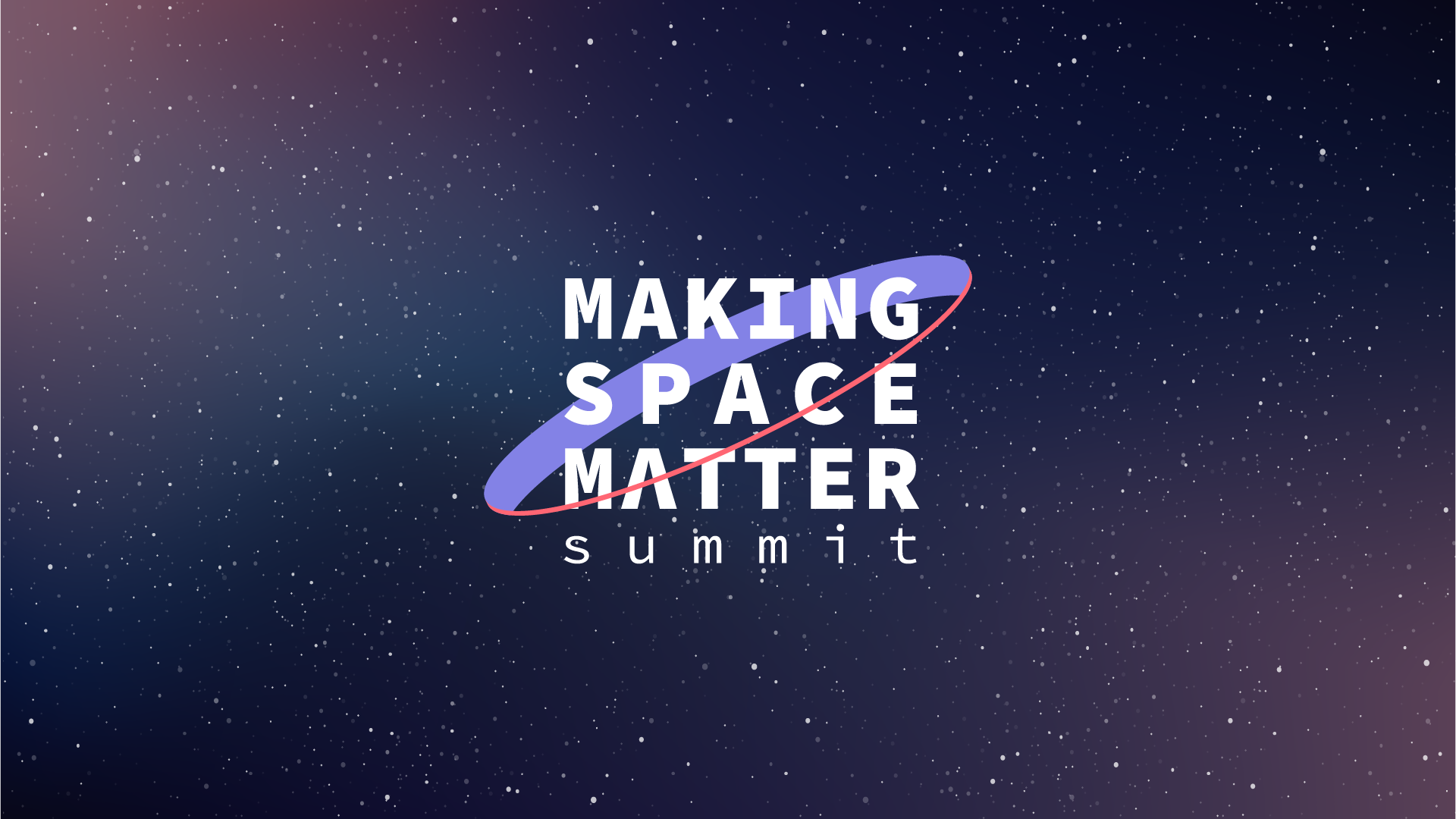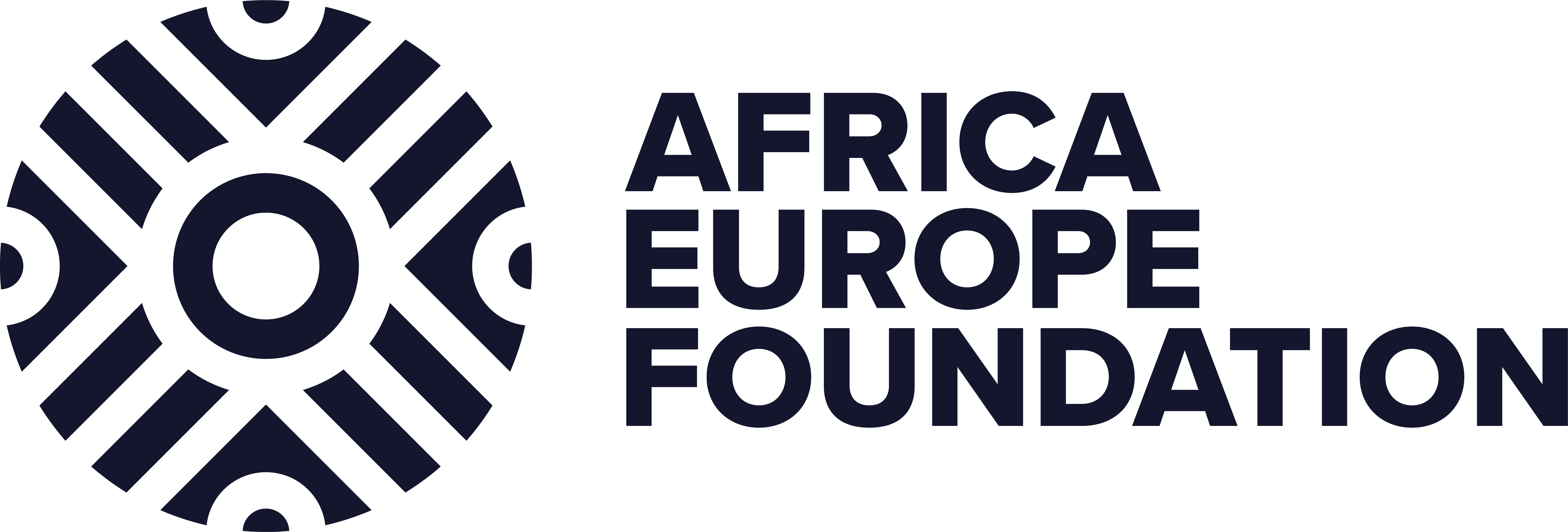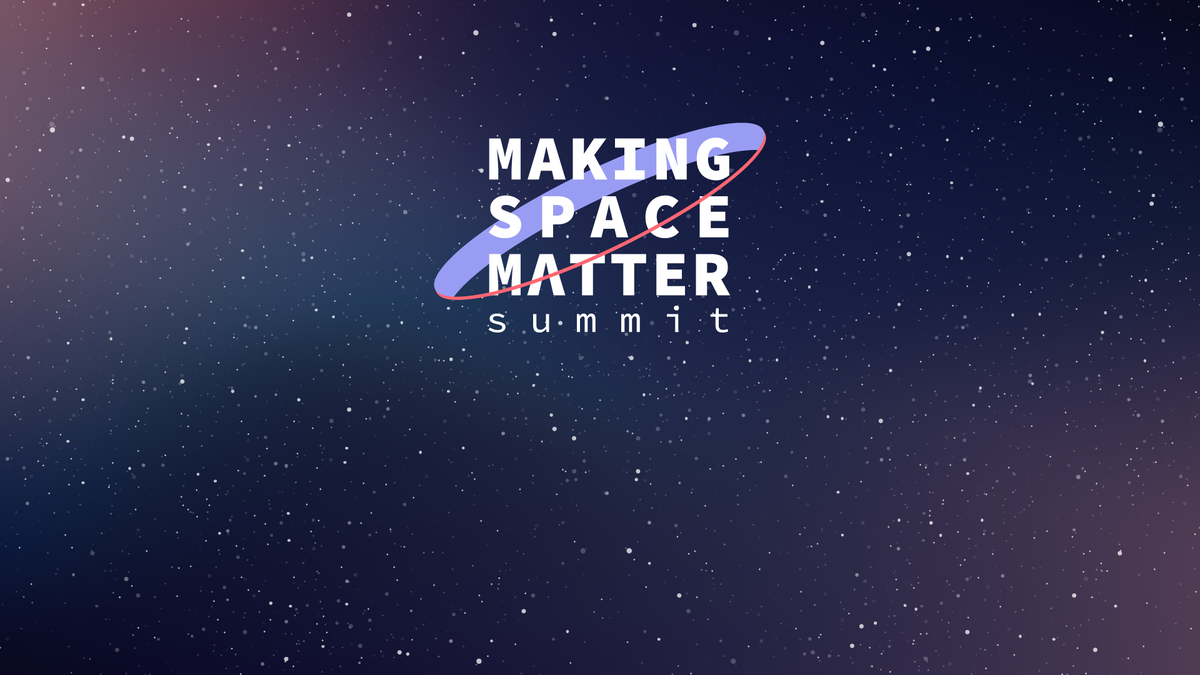
What happened?
The second annual Making Space Matter Summit opened with a look at Europe’s values and objectives in space, before moving on to consider artificial intelligence (AI) and machine learning in relation to satellite data and climate change tracking. The final session of the day considered Africa, the world’s fastest growing digital market, which is now at a historical turning point in the development of a space sector.
Space should feature strongly in a new EU mandate, with new MEPs and a new College of Commissioners due to take office in 2024. Europe now has an opportunity to mirror EU values in space, differentiating itself from US, Chinese and other major economies in the space race. Climate change should be a central part of the space policy vision, particularly when it comes to showing citizens why space matters, the summit heard.
“Space will not solve all our problems, but space already helps us solve a lot of problems,” observed Rodrigo da Costa, Executive Director at the European Union Agency for the Space Programme (EUSPA).
The overall message of the summit was to keep reaching for the stars and build a better life on Earth. “Space is not about space. It’s about providing solutions,” concluded Giuseppe Ottavianelli, Head of the Earth Observation Applications Section at the European Space Agency.
Our events include photos, audio and video recording that we might use for promotional purposes. By registering, you give your permission to use your image. Should you have any questions, please contact us.
Schedule
Our relationship with space has evolved significantly over the past 70 years: from the first successful orbital launch in 1957 and humankind’s first steps on the Moon in 1969, we are slowly heading towards deep space exploration. The global and EU approach to space, its use, as well as identifying and harvesting its benefits to Earth and humankind, has been shaped mostly by technological advances in the main. Now, in the first part of 21st century, it has become a domain of competition. How much of this evolution has been shaped by values and principles? If there are such things as models of approaches to space, what should be Europe’s model? Should it be intrinsically linked to its founding principles and values? If not, what is the alternative? Is it a winner-takes-all field, in which regulation and governance has limited capacity, and money and profit are the drivers of change? The accumulation of debris in Low Earth Orbit testifies to the risks that come with such a hasty, profit-driven approach.
The EU’s focus remains on developing effective, sustainable and cheap modes of space transportation that not only guarantee the viability of space missions for the years and decades to come but are aligned with the EU’s commitment to a green transition here on Earth. Developing technologies to utilise resources on celestial bodies will also be essential to a truly sustainable exploration of deep space. Turning raw materials into oxygen and water, for instance, will be critical for sustaining future human operations in deep space. For example, by reverse engineering precisely how microbiological cells, chemicals, catalysts, algae, bacteria and plants function and interact, we could process waste to deliver never-ending supplies of oxygen, water and food. At the core of it all, the pillars of the EU Charter – dignity, freedoms, equality, solidarity, citizen’s rights and justice – must continue to shape the paradigm of space exploration. How can we best apply the EU’s fundamental principles to space policy? How should the EU effectively promote reflective and sustainable practices in relation to deep-space exploration?
The first session of the 2023 space summit will look at how Europe’s use of space can be brought (back) in line with EU norms, values and goals, and how it could help address the most pressing issues that Europe and the world face today.
Speakers
Roya Ayazi
Secretary General of Network of European Regions Using Space Technologies (NEREUS)
Rodrigo da Costa
Executive Director at the European Union Agency for the Space Programme (EUSPA)
Frank Monteny
Director-General Research and Space at the Belgian Federal Science Policy Office (BELSPO)
Frederic Nordlund
Head of the External Relations Department at the European Space Agency (ESA)
Moderator
Dharmendra Kanani
Chief Operating Officer and Chief Spokesperson of Friends of Europe
As inequalities continue to grow, geopolitical tensions deepen and climate change continues, the loudest voices in the private space sector have increasingly focused on exploring ways to flee, rather than heal, Earth. This has drawn attention away from many visionary projects and delayed the development of solutions today’s challenges. Not least among these are the European Space Agency’s space-based solar power project, SOLARIS, and innovative technology that has been neglected for decades but which could have provided relief to the European energy crisis that resulted from Russia’s war in Ukraine.
Other space technologies developed by both the public and private sectors contribute greatly to the green and digital revolutions of our time. Satellite-based systems such as the Global Positioning System are reducing vehicles’ carbon dioxide emissions. Remote-sensing technologies are making wind power production more efficient, and weather satellite information is helping solar cells produce more energy. With the recent expansions of the space exploration industry, however, satellites and other sensing equipment are producing far more data than is humanly possible to analyse. In 2021, the size of just one European space sector company’s Earth observation database exceeded 23 petabytes (or 23,000 terabytes). To analyse such vast quantities of data, other technologies are necessary; chief among them are AI and machine learning
Building on the inaugural space summit’s outcomes, the second session of the 2023 Making Space Matter Summit will take a closer look at how satellite data combined with AI and machine learning technologies can provide both Europe and the rest of the world with more accurate information to guide climate policy.
Speakers
Apostolia Karamali
Head of the Director General’s Cabinet at the European Space Agency (ESA)
Clémence Poirier
Research Fellow at the European Space Policy Institute (ESPI)
Wietse van der Werf
Founder & CEO of Sea Ranger Service and 2020-2021 European Young Leader (EYL40)
Pauline Warnotte
Senior Legal Advisor at the International Committee of the Red Cross (ICRC) Delegation to the EU, NATO and the Kingdom of Belgium
Moderator
Dharmendra Kanani
Chief Operating Officer and Chief Spokesperson of Friends of Europe
Through this summit, as well as our broader engagement, Friends of Europe and the Africa-Europe Foundation argue that space matters should be a priority and feature more prominently in public policy and budget in Africa and Europe. Solidifying Europe’s presence in the solar system and traveling further out into the cosmos will require finding solutions to complex scientific and political obstacles. This year is pivotal for space matters in Europe and Africa in the lead up to the 2024 European elections, the new EU mandate, and the inauguration of the African Space Agency in January.
This year marks an important milestone in the development of the African space industry, with the recent inauguration of the African Space Agency providing a new momentum for the development of the African space industry. This is a significant sign of progress as it will provide the bedrock for space actors in Africa – be it private sector or nation-states – to coordinate, strategise, and grow together. By centralising decision-making and knowledge-sharing, the African Space Agency will be able to develop new partnerships, as well as continue growing historic ones, such as the decade-long collaboration with the European Space Agency. A glowing example of this is the EU Iris² programme, which aims to improve secure connectivity across underserviced geographical areas such as Africa.
This third session of the Space Matters Summit will focus on space applications in Africa using data from telecommunications, positioning, and earth observation satellites. The development of the African space infrastructure is set to inform how several challenges can be addressed on the African continent including preparing for – and responding to – natural disasters, food security, management of natural resources, and increased internet connectivity for economic development. This is only the beginning of a new chapter in Africa’s digital age, but the recipe for success is still unclear. Some essential ingredients may include data informed planning, coherent strategic frameworks, and a sensible combination of internal and external partnerships.
Speakers
Giuseppe Ottavianelli
Head of the Earth Observation Applications Section at the European Space Agency (ESA)
Sékou Ouedraogo
President-founder of the African Aeronautics & Space Organisation (AASO)
Ruvimbo Samanga
Space and Spectrum Policy Analyst at Access Partnership
Rania Toukebri
Regional Coordinator for Africa at the Space Generation Advisory Council
Moderator
Holy Ranaivozanany
Head of Outreach, Advocacy and Partnerships at the Africa-Europe Foundation
Speakers
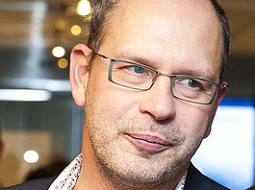
Director-General Research and Space at the Belgian Federal Science Policy Office (BELSPO)
Frank Monteny is currently responsible for the different operational activities of BELSPO, including the preparation and execution of federal research programmes, Belgium’s participation in international space programmes, the department’s contribution to national coordination of science policy activities and the monitoring of national science, technology and innovation (STI) efforts. He is a member of the management board of several federal scientific institutions and notably serves as the head of the Belgian delegation to the European Space Agency (ESA). Previously, Monteny has worked as a researcher at Vrije Universiteit Brussel, as project manager at ERM (now ECOREM), an SME specialised in environmental studies and advice and at the Flemish innovation agency (IWT) as coordinator of European projects.
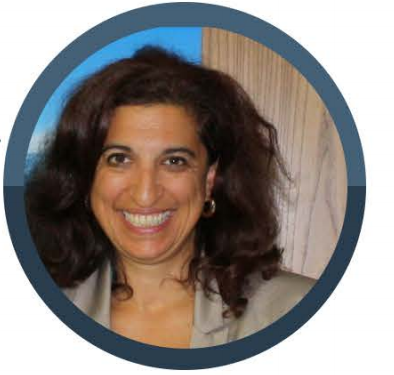
Secretary General of Network of European Regions Using Space Technologies (NEREUS)
A lawyer and space enthusiast, Roya Ayazi has held positions in European and governmental affairs focused on advocating innovative technologies and science, with expertise in political interest representation for associations of civil society and public sector. As the Secretary General of the European network NEREUS, Ayazi heads its Brussels-based secretariat, acting as the main interface of the association at the European level and coordinating network activities. She has followed the major space legislative procedures with impact for the downstream sector and established the network as a reference for regional user-communities. Coordinating interregional co-operations and joint initiatives with the European Commission and the European Space Agency, such as Copernicus4Regions, Ayazi gained a broad overview on the deployment situation at the local and regional levels but also practical insight into the needs and concerns of regional users.
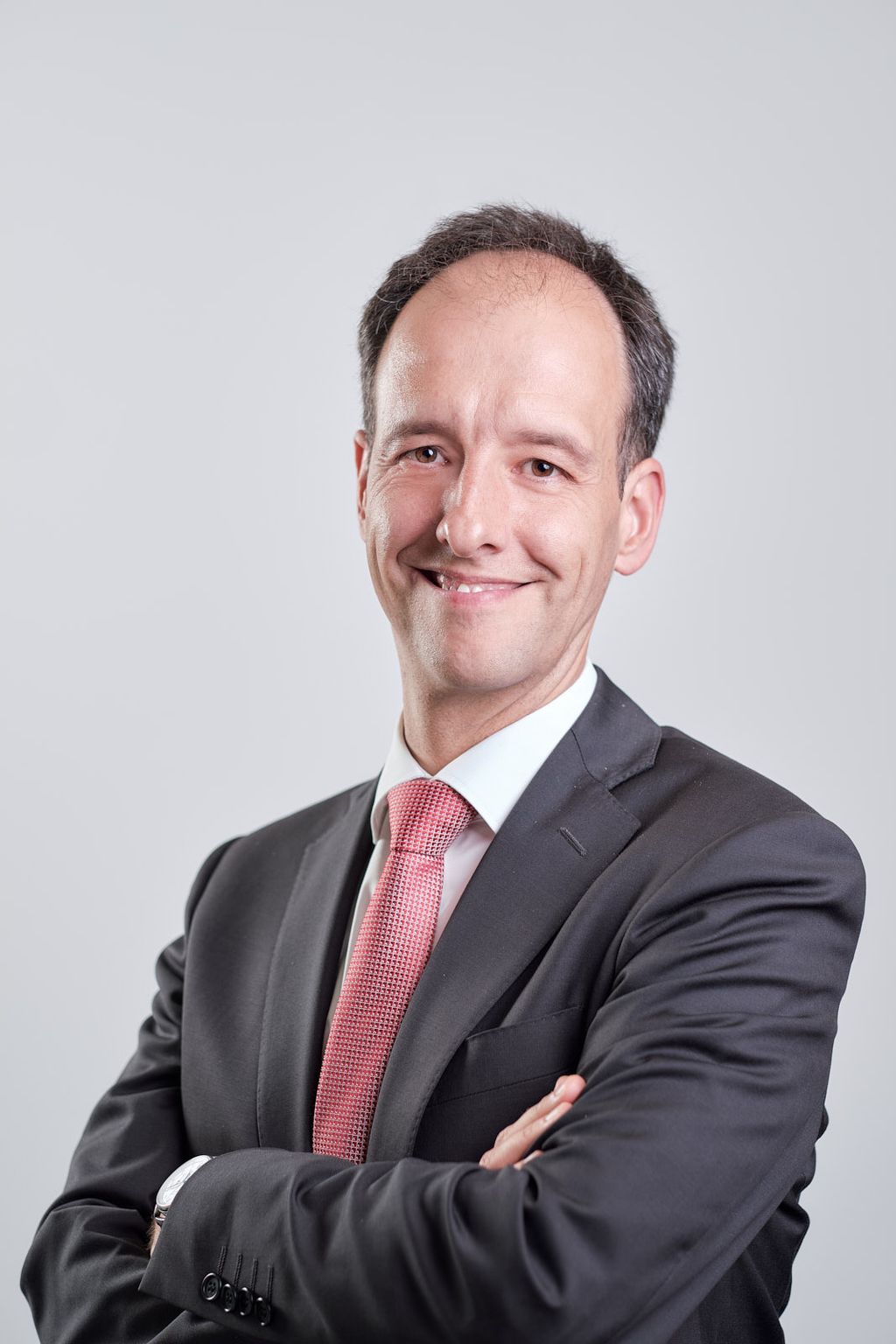
Executive Director at the European Union Agency for the Space Programme (EUSPA)
Rodrigo da Costa serves as the Executive Director of EUSPA, formerly the European GNSS Agency (GSA). Prior to assuming his current position at EUSPA, he was the Galileo Services programme manager. In the space industry, he has also held several positions in senior project management, business development and institutional key account management, specifically in the areas of human space flight, exploration, launchers, and research and development (R&D).
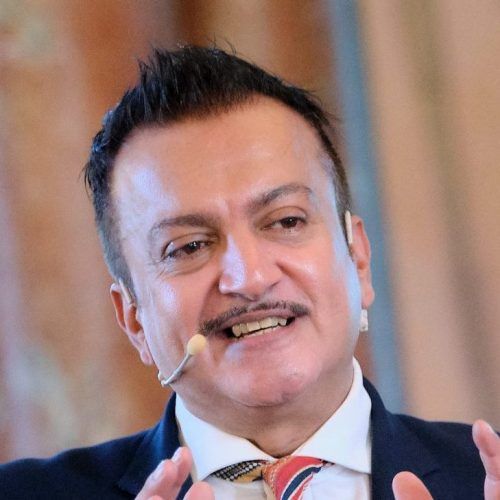
Chief Operating Officer and Chief Spokesperson of Friends of Europe
Prior to joining Friends of Europe, Dharmendra Kanani was director of policy at the European Foundation Centre (EFC). He was the England director at the Big Lottery Fund, the largest independent funder in the UK and fourth largest in the world. Dharmendra has held senior positions in the public and voluntary sectors and advisor to numerous ministerial policy initiatives across the UK.
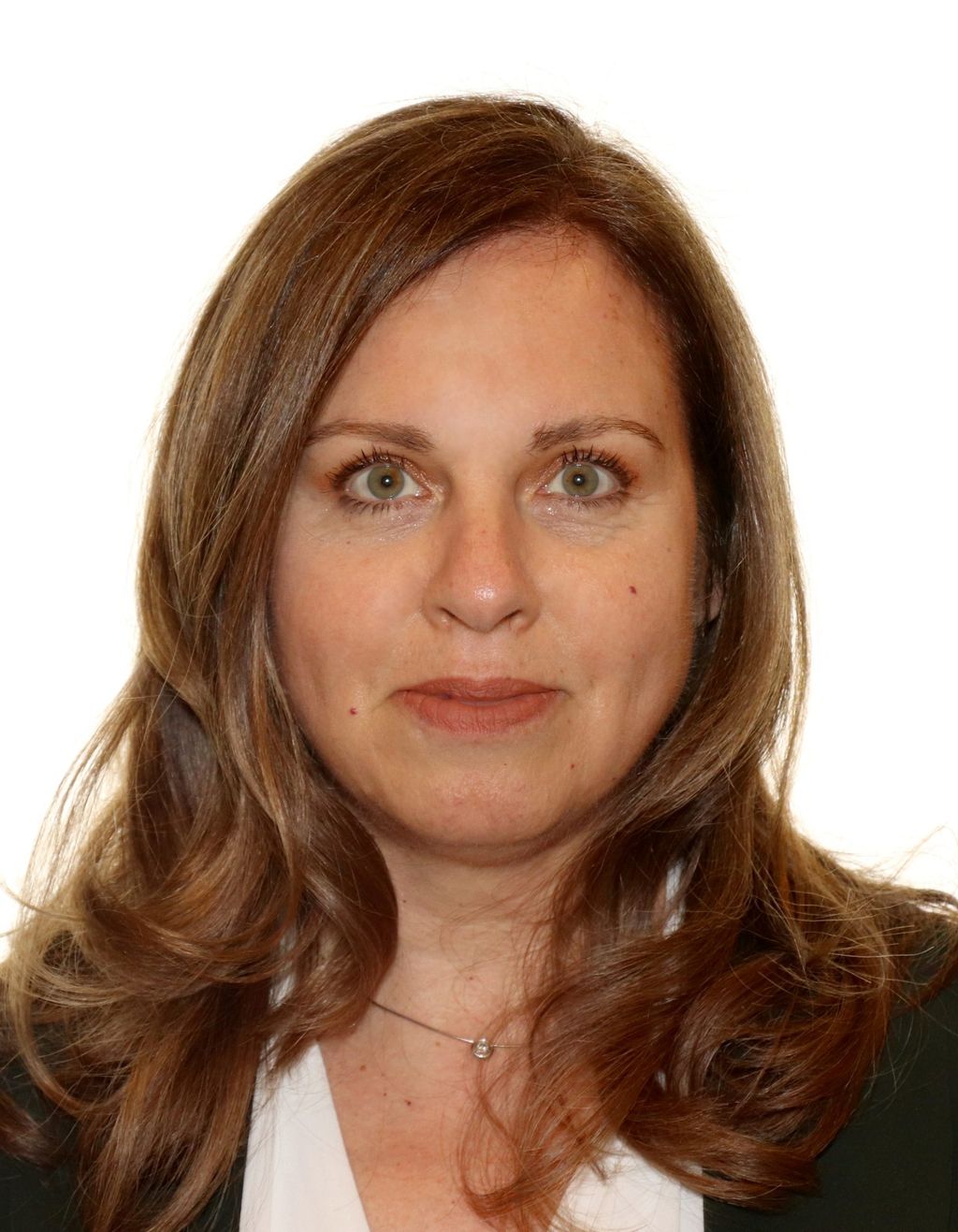
Head of the Director General’s Cabinet at the European Space Agency (ESA)
At ESA, Apostolia Karamali’s key priorities include strengthening ESA–EU relations, boosting space commercialisation for a green and digital Europe, strengthening space for safety and security, addressing programme challenges and completing ESA transformation. She previously held a long career at the European Commission, working on space, research and innovation policies and programmes, notably the Copernicus and EU research framework programmes. Notably, she was the head of unit at the Directorate-General for Research and Innovation (DG RTD) responsible for policy in support of research and innovation actors, as well as deputy head of unit for space policy and research, focusing on actions in support of the space economy.
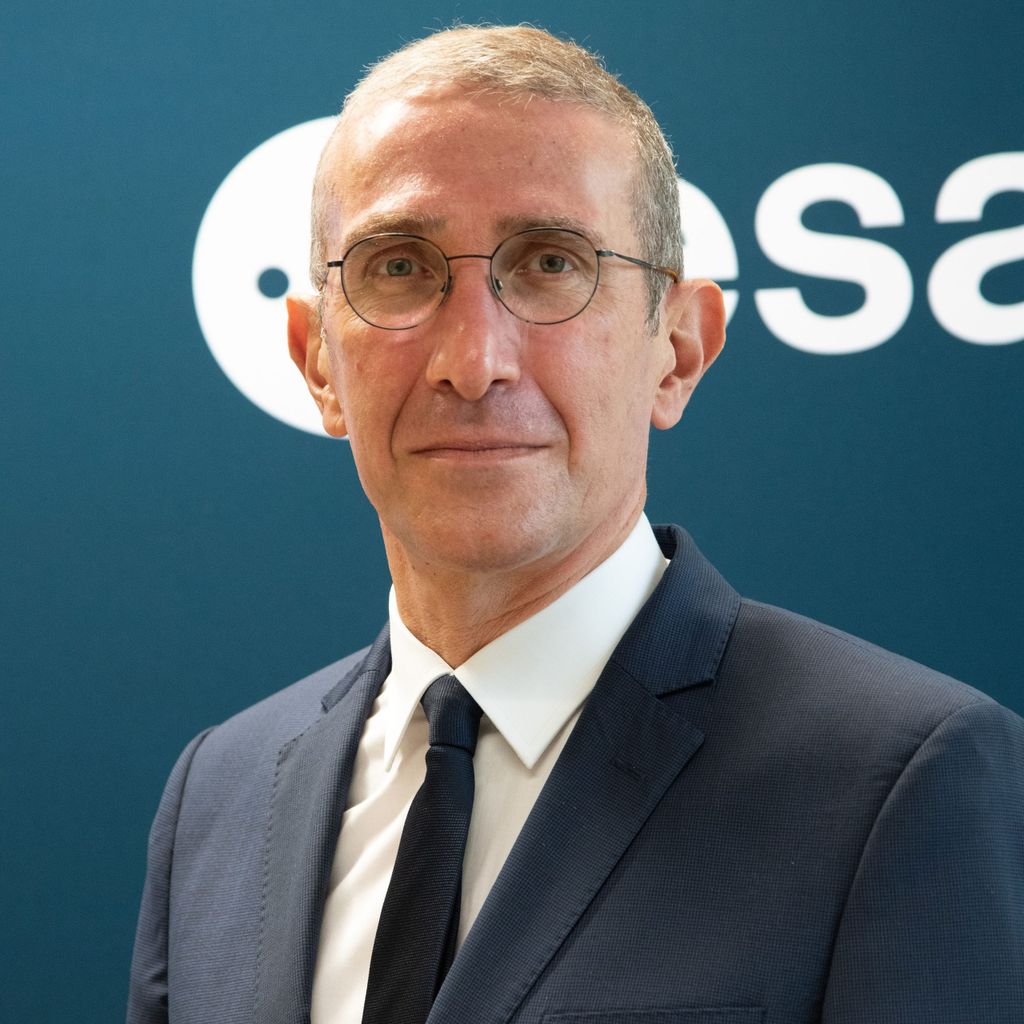
Head of the External Relations Department at the European Space Agency (ESA)
Frederic Nordlund has worked closely with numerous space agencies and was involved in key negotiations of major partnerships on behalf of ESA, particularly for human space flight and exploration missions such as the International Space Station, Gateway, ExoMars and Mars Sample Return. He has also forged international partnerships for key space science, and Earth science and observation missions and facilitated the coordination of ESA member states’ positions in the context of the United Nations Committee on Peaceful Uses of Outer Space and its two subcommittees. Notably, Nordlund has received the NASA Exceptional Public Service Medal and the International Astronautical Federation (IAF) Excellence in International Cooperation Award.
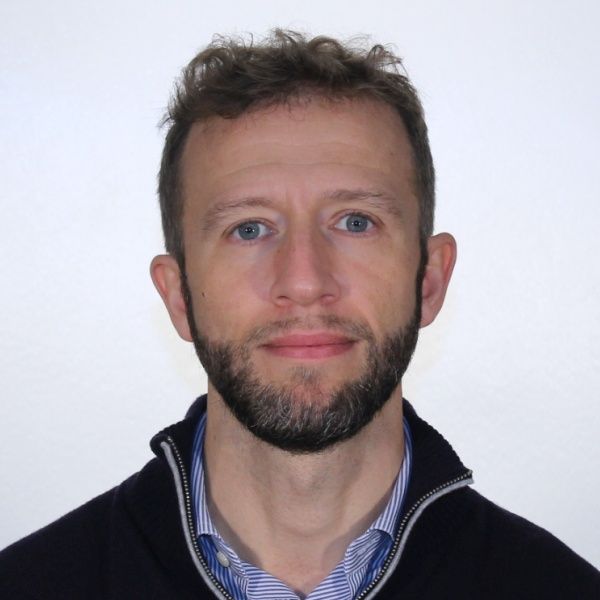
Head of the Earth Observation Applications Section at the European Space Agency (ESA)
Giuseppe Ottavianelli pioneers new Earth observation applications for societal benefit, addressing environmental and sustainable development policies at the international and European levels through the involvement of stakeholders and end-users in the co-design, development and validation phases. He also manages the ESA EO AFRICA (African Framework for Research, Innovation, Communities and Applications) initiative. Prior to assuming his current role at ESA, Ottavianelli worked on data processing, and calibration and validation aspects within the agency’s Data Quality Management Section. He has also facilitated the utilisation of New Space assets in the framework of the ESA’s research and development (R&D) projects and the Copernicus Services as a third-party mission manager.
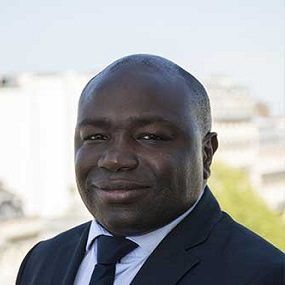
President-founder of the African Aeronautics & Space Organisation (AASO)
Sékou Ouedraogo is the Founding President of the African Aeronautics & Space Organisation (AASO), which aims to promote cooperation and investments on space on the African continent to contribute to its sustainable development. An electrical engineer and international policy expert by training, he has worked on several aeronautical programmes in international industrial groups. He has also published a book on the African Space Agency and is an editorialist on space and aeronautics for several media outlets, including BBC, France 24, RFI and Deutsche Welle.
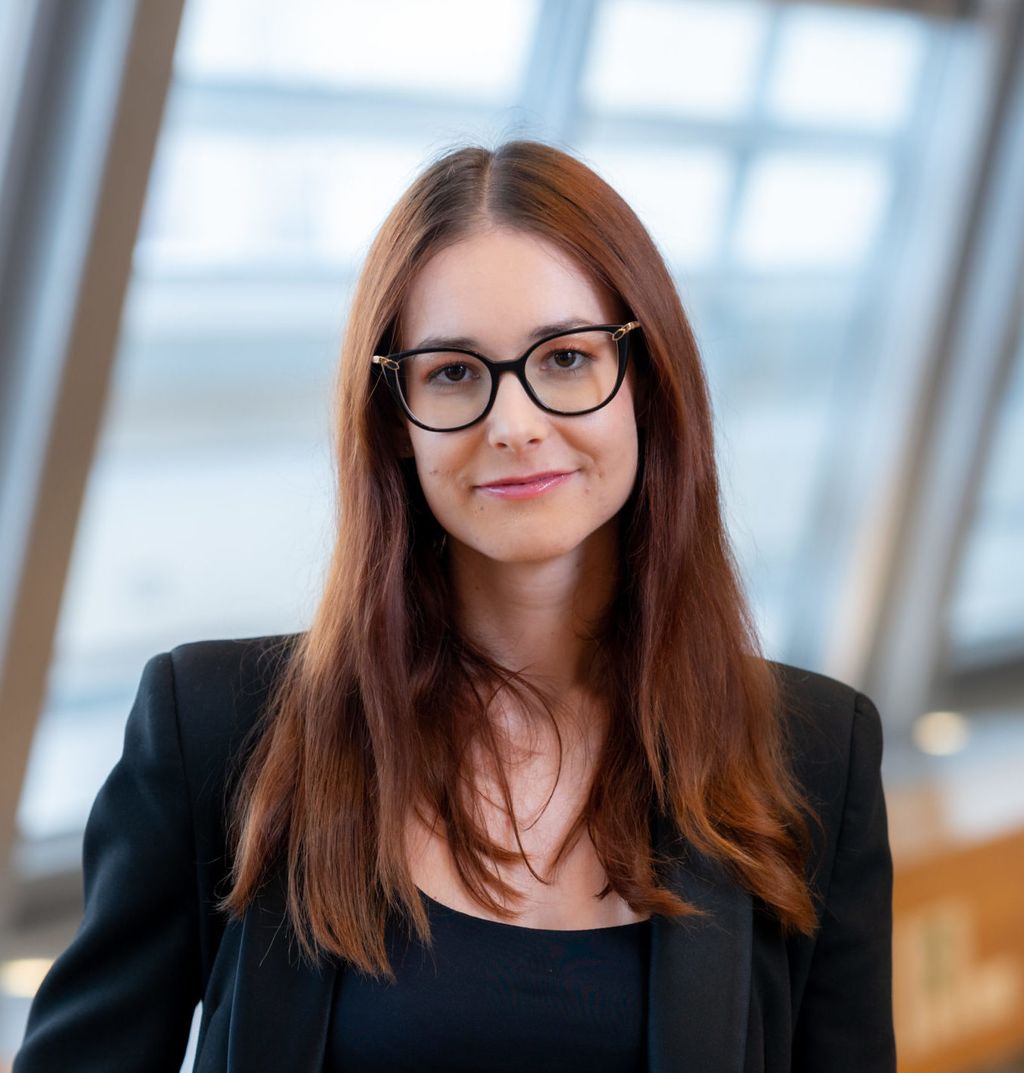
Research Fellow at the European Space Policy Institute (ESPI)
As a Research Fellow at ESPI, Clémence Poirier conducts interdisciplinary research on space security issues, space cyber–security, the use of space for humanitarian operations and the use of space-based data in European climate policies. She has also conducted policy and legal research on the cyber–security of the Australian space infrastructure for Flinders University. Poirier is an active member of the Space Generation Advisory Council’s Space and Cybersecurity Project Group, as well as the Space Generation Advocacy and Policy Platform’s Co-Lead on Responsible Space Behaviour.

Head of Outreach, Advocacy and Partnerships at the Africa-Europe Foundation
In her current role, Holy Ranaivozanany is responsible for leading the Africa-Europe Foundation’s impact targets related to policy advocacy, stakeholder engagement and outreach. She has previously held several positions at Huawei Technologies, including as head of corporate social responsibility (CSR) and sustainability communications. Under her leadership, she launched Huawei’s global flagship programme on education and skills, Seeds for the Future. Together with Elevate, she contributed to the first ever white paper on technology and United Nations Sustainable Development Goals in ASEAN and China. Ranaivozanany has co-led the communication and engagement efforts on climate change, biodiversity and circular economy, and has served as a member of the World Economic Forum working group on circular economy, the OECD Emerging Markets Network, Global Enabling Sustainability Initiative (GeSI), the UN Global Compact and the B20 Italy taskforce on sustainability and global emergencies. She has also served as a CSR project manager and marketing analyst at Orange.
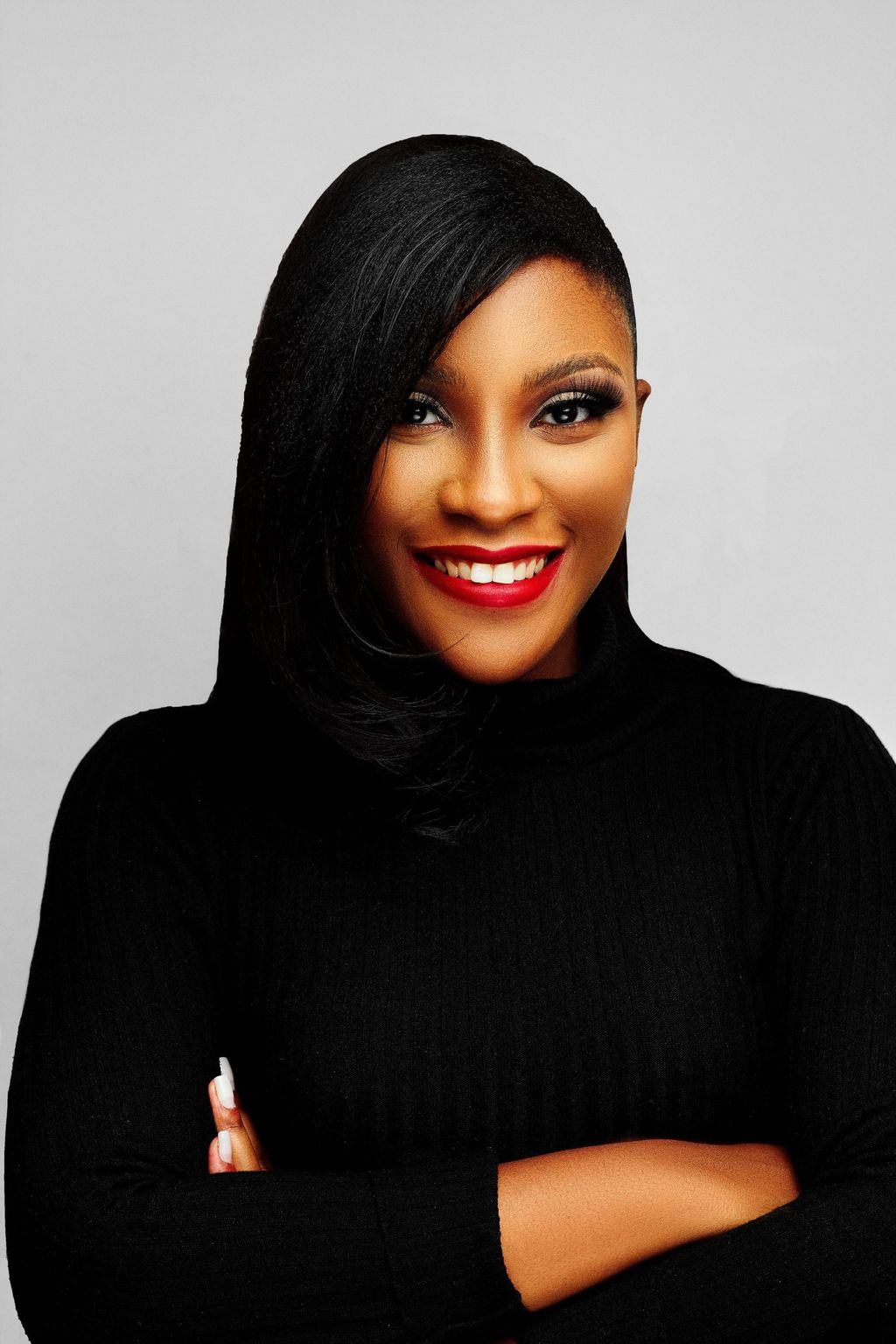
Space and Spectrum Policy Analyst at Access Partnership
Ruvimbo Samanga specialises in space law and policy research for the African and global space sector, with experience in policies pertaining to GIS & Remote Sensing, National Space Initiatives and Lunar Development. Samanga has been recognised as an African Space Leader, an Emerging Space Leader and a Young Space Leader for her contributions in policy, business, education and outreach, and looks to collaborate on space-related, capacity-building research for the African and the global space sector.
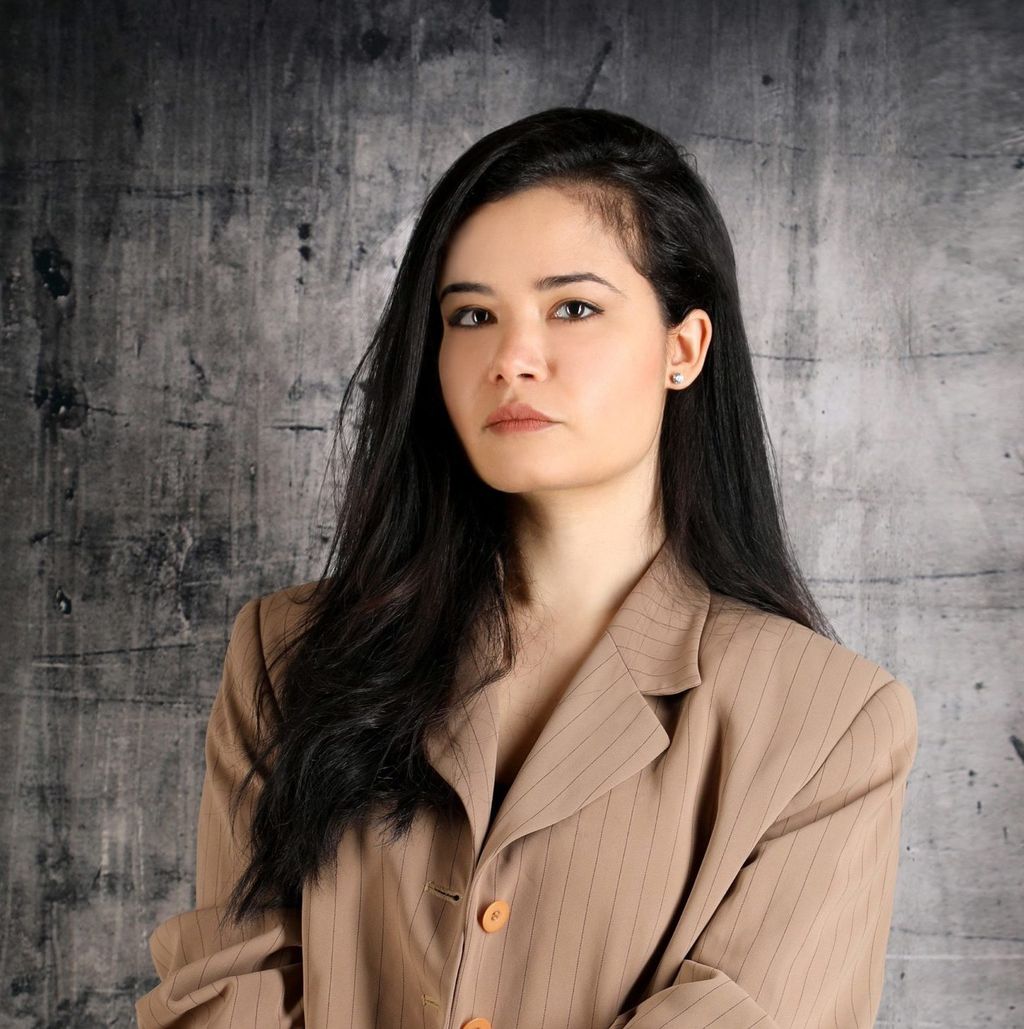
Regional Coordinator for Africa at the Space Generation Advisory Council
In addition to her role at Airbus Defence and Space Germany, Rania Toukebri currently conducts research on the next generation of on-board computers (OBC) for lunar missions at the University of Lübeck. Her role as Regional Coordinator for Africa at the Space Generation Advisory Council supports the United Nations Office for Outer Space Affairs (UNOOSA). She is also a mentor with the Space4Women mentoring programme, initiated by UNOOSA.

Founder & CEO of Sea Ranger Service and 2020-2021 European Young Leader (EYL40)
Wietse is an award-winning Dutch social entrepreneur and conservationist, pioneering regenerative blue economy ventures. Wietse has received wide recognition for his innovative approach to mobilising businesses, governments and citizens to form uncommon partnerships for the social, economic and ecological regeneration of European coastal and ocean areas. His current venture, the Sea Ranger Service, trains unemployed young people from port cities with the help of navy veterans to manage Marine Protected Areas in European seas. A new type of professional sailing vessel has been developed for the Sea Rangers, with cost-effective sea operation and zero emissions.
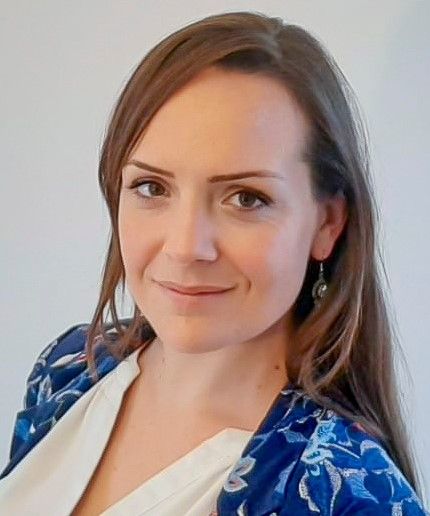
Senior Legal Advisor at the International Committee of the Red Cross (ICRC) Delegation to the EU, NATO and the Kingdom of Belgium
In addition to her role at the ICRC Delegration to the EU, NATO and Belgium, Pauline Warnotte lectures at the Law Faculty of the University of Namur. Her work covers international humanitarian law, including questions arising from military operations in or in relation to outer space during armed conflict and the impact of such operations on the protection of civilians. She has previous experience working as an advisor at the Belgian Ministry of Defence and a researcher for the Security and Technology Programme of the United Nations Institute for Disarmament Research.
Partners
Co-organised with
Activities
A European agenda for space: resilience, security and sovereignty
Past event In person
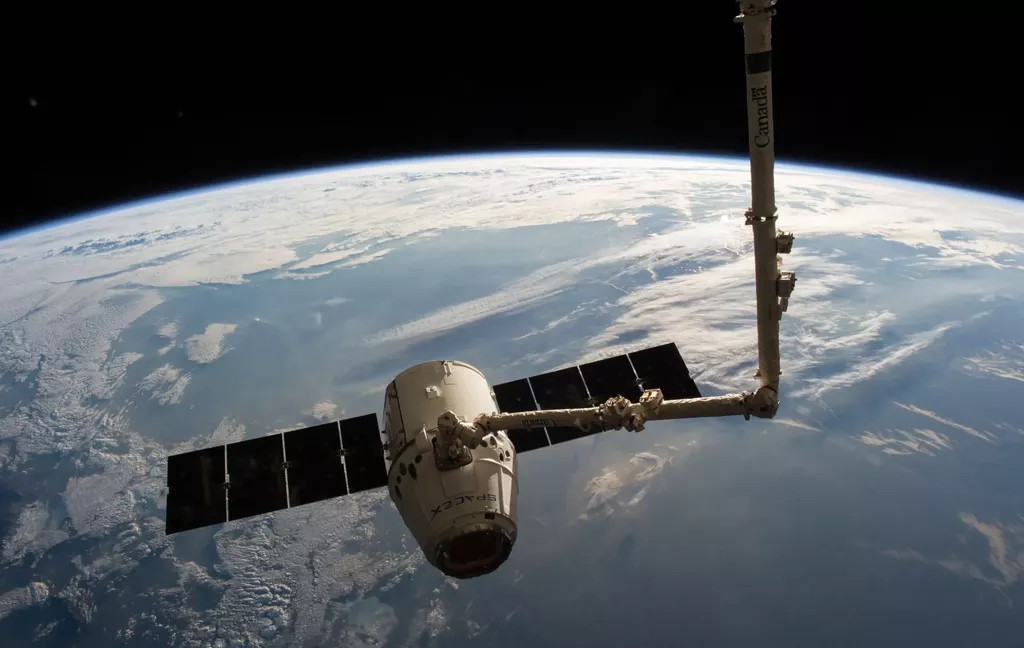
- Area of Expertise
- Digital & Data Governance
Prepare, Provide, Pioneer: digitalisation as a motor for Europe’s success…
Next event In person & livestreamed
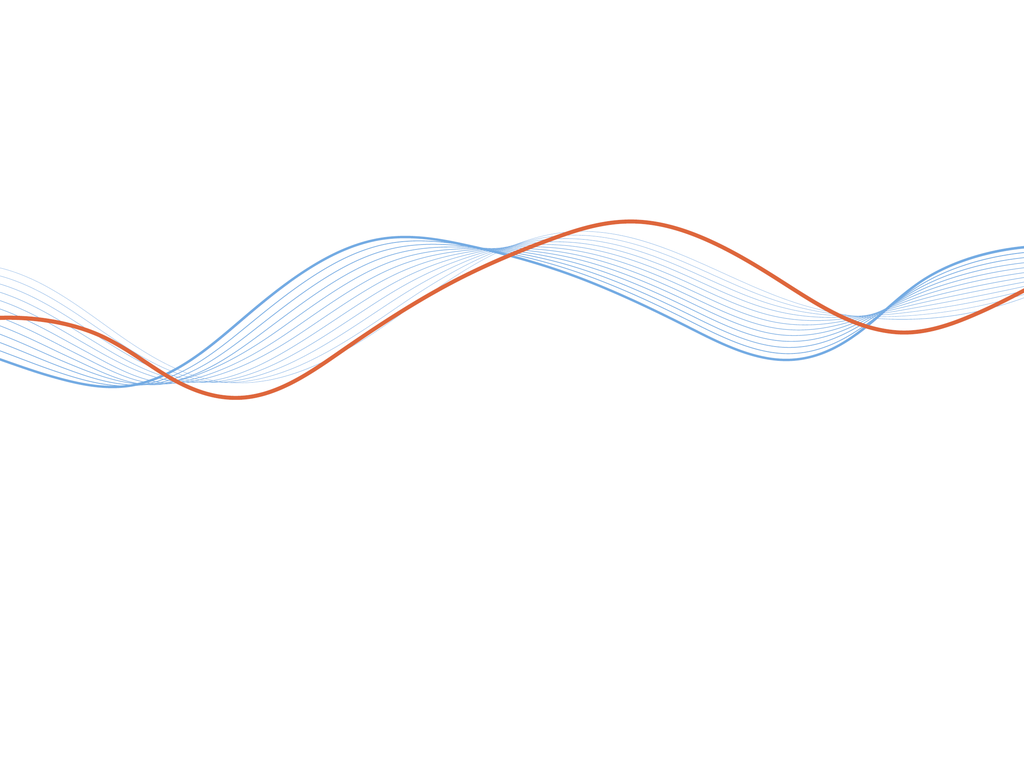
- Area of Expertise
- Digital & Data Governance
From orbit to impact: charting Europe’s course in a changing global…
Past event Online
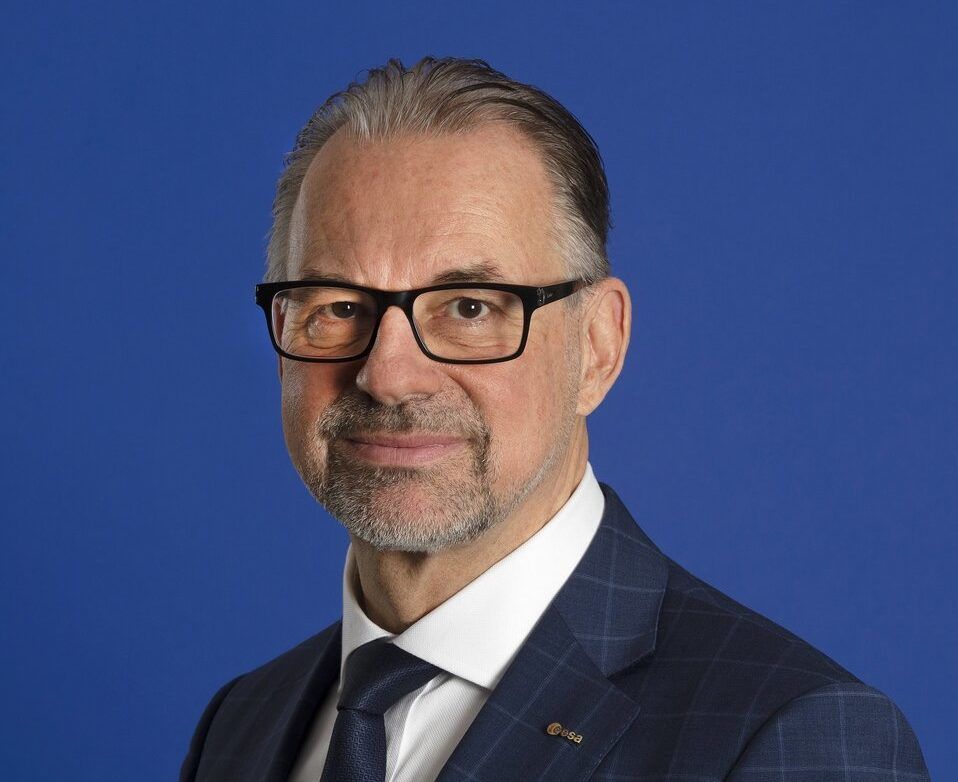
- Area of Expertise
- Digital & Data Governance
Embracing digital government for Europe’s citizens: how do we maximise…
Past event In person

- Area of Expertise
- Digital & Data Governance
The digital battlefield: EU-China cybersecurity diplomacy in the 21st…
- Category
- #CriticalThinking
- Author
- By Dr Cristina Vanberghen
The digital battlefield: EU-China cybersecurity diplomacy in the 21st…
- Category
- #CriticalThinking
- Author
- By Dr Cristina Vanberghen
Time for ESA to chart its own course and reduce NASA dependency
- Category
- #CriticalThinking
- Author
- By Susmita Mohanty
Introducing a new method to assess the productivity of human-AI…
- Category
- #CriticalThinking
- Author
- By Smita Samanta & Emmanuel Benhamou
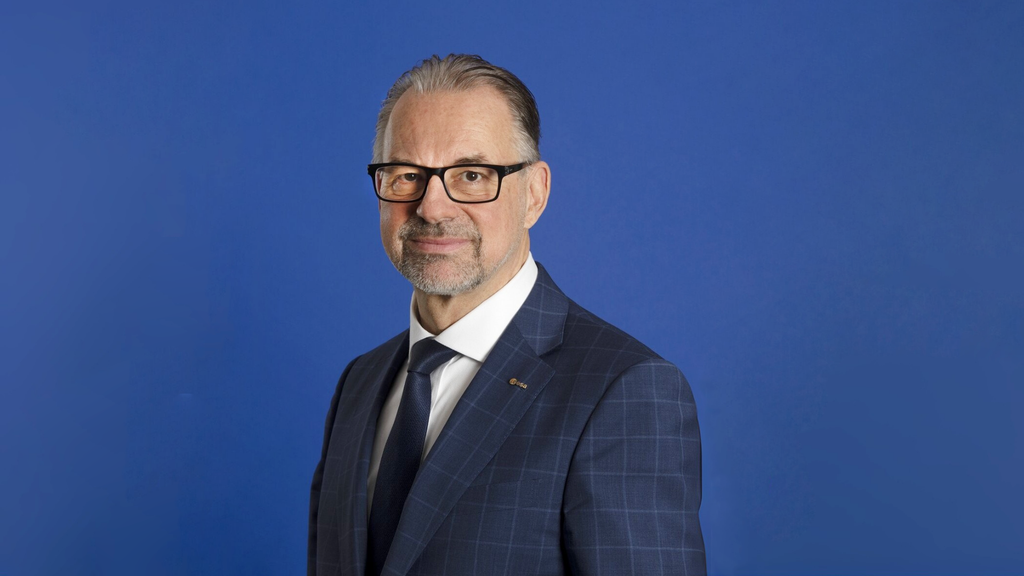
- Area of Expertise
- Digital & Data Governance
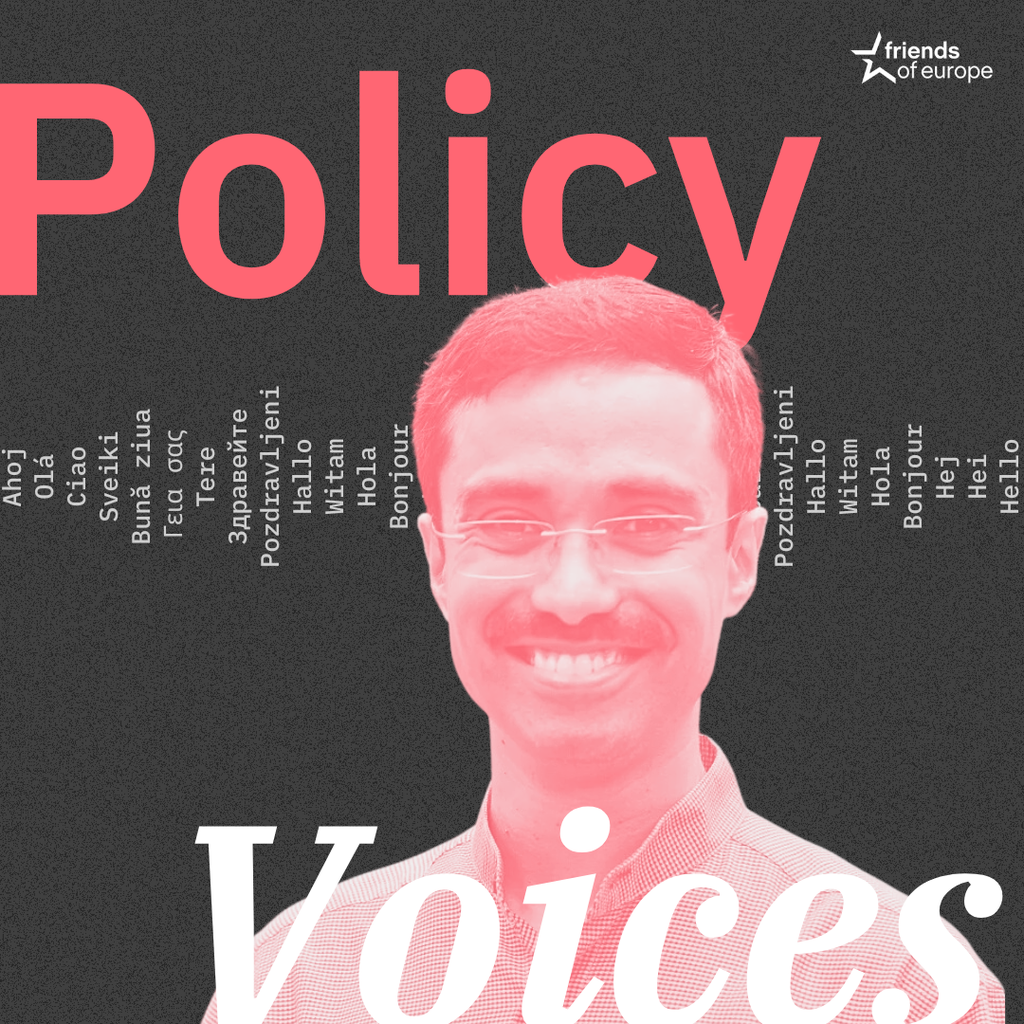
- Area of Expertise
- Digital & Data Governance
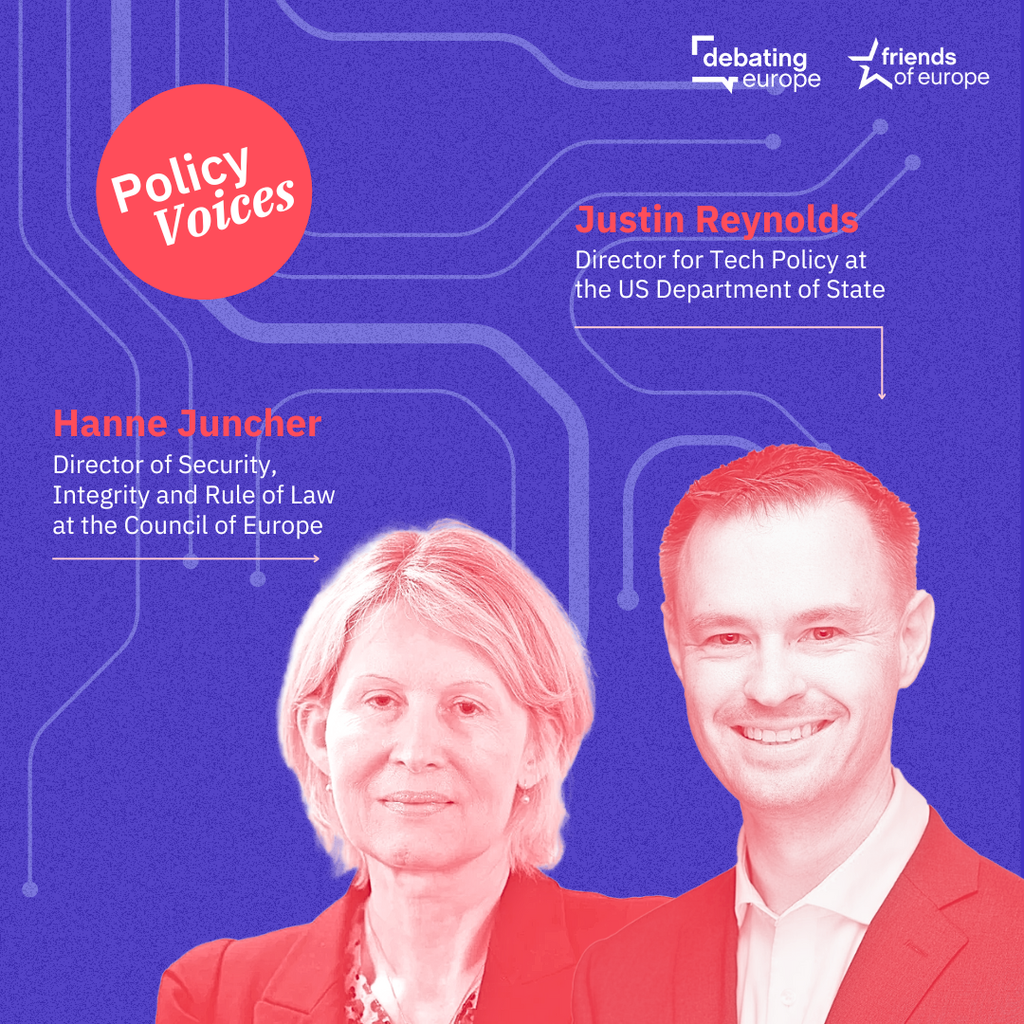
- Area of Expertise
- Democracy

- Area of Expertise
- Digital & Data Governance
Continue
the debate on
- Debating Europe
